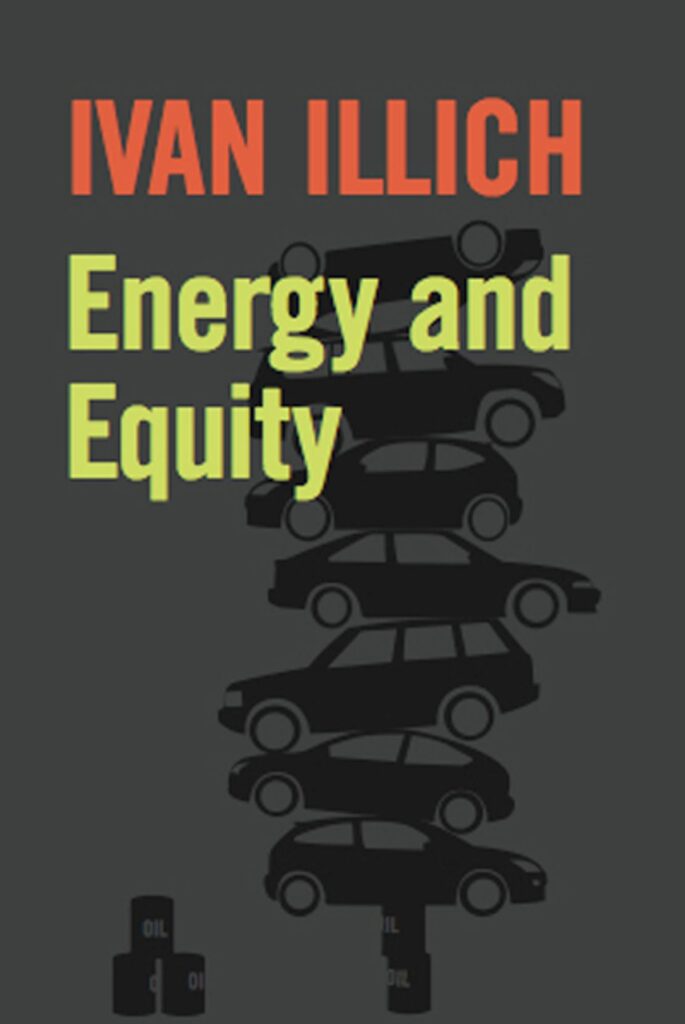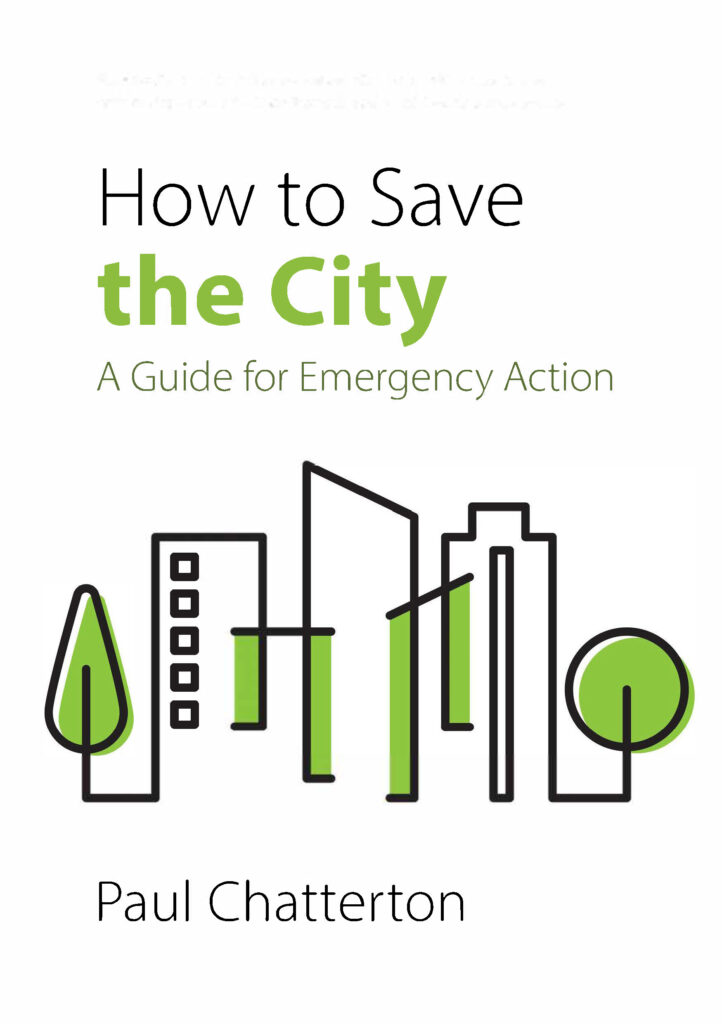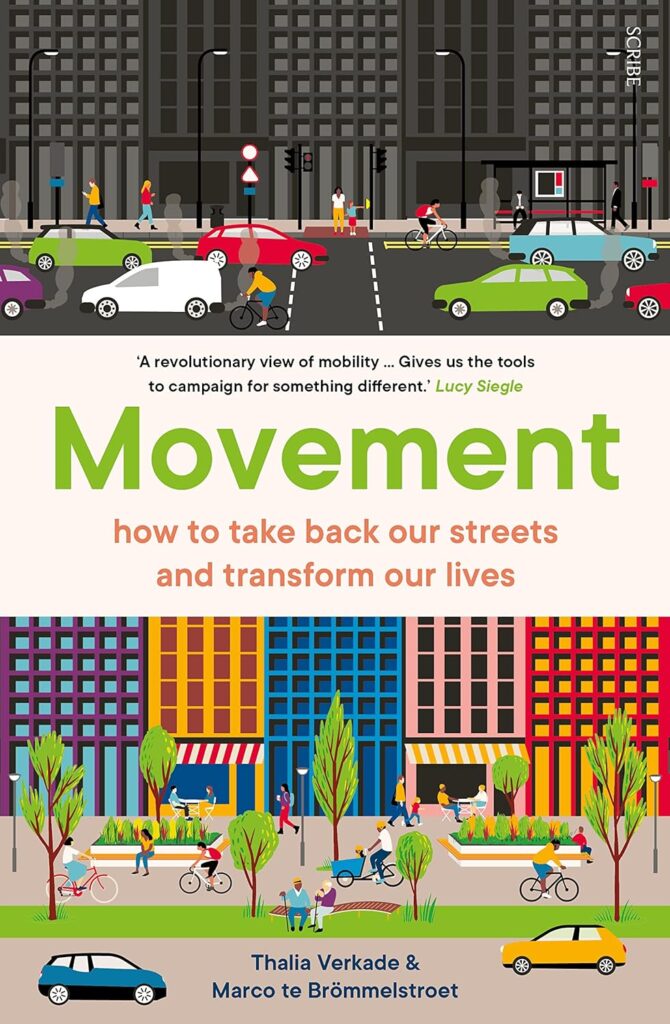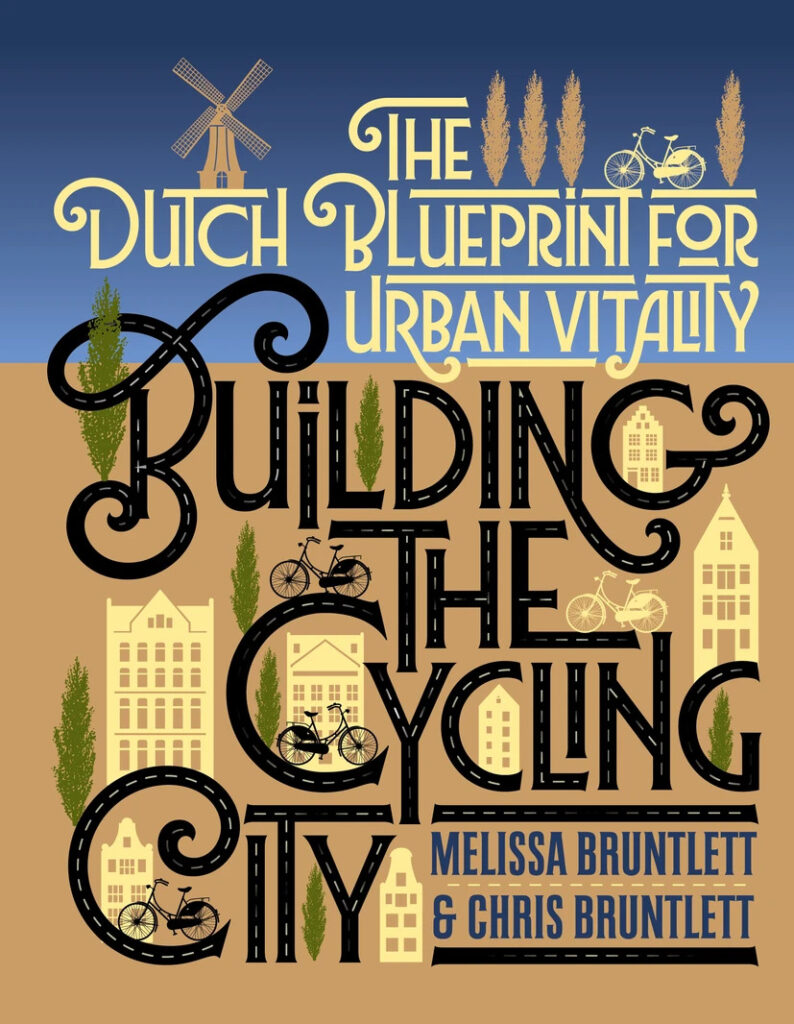
What is it about?
A remarkably sharp and holistic essay that shows, already in the early 1970s, how societies, when they become more dependent on the use of energy, inevitably suffer from degrading social relations. Illich applies this to mobility and shows how this statement translates itself through speed. He claims that when mobility goes faster than +/- 15 MPH, equity declines and scarcity of both space and time increases. If a vehicle passes beyond this speed it excludes people from using their own metabolic energy and as such forcing them to become captive consumers, habitual passengers.
This reinforcing logic creates a radical monopoly: large scale systems that reinforce themselves rendering alternative mobility systems less and less effective. Illich points for instance to how the car based mobility system dictates the configuration of (social) space: ‘beyond a certain speed, motorized vehicles create remoteness which they alone can shrink’ (p. 30). As a result ‘an elite packs unlimited distance into their lifetimes, while the masses spend a bigger slice of their existence on unwanted trips’ (p. 17). In 1974, Illich claims, the average American spends 1600 hours a year (including work hours to pay for his/her car, but excluding time spend in hospitals etc.) to get 7,500 miles: less than 5 miles/hour.
What approach does it take?
The short essay builds an argumentation that one can hardly disagree with. The strength lies is showing how performative the mobility system is. It shapes how we design our cities, and our daily lives. And it shapes how people see themselves (less and less as citizens and more and more as consumers that demand more speed): ‘the passenger who agrees to live in a world monopolized by transport becomes a harassed, overburdened consumer of distances whose shape and length he can no longer control’ (p. 45)
Who might be interested in this book?
A conundrum: this book should be mandatory reading for everybody that is interested in mobility planning, urban planning or in general in how societies are shaped and shape themselves. 77 pages filled to the brim with brilliant quotes and clear and crisp reasoning. Written in 1974, but with clear relevance to the challenges we face today all over the world. If only we would have listened to him in the early 70s!
Further details
Academic discipline: philosophy
Geographical scope: examples come from Mexico and the U.S.A. But mostly generic insights
Relation to cycling: Illich uses cycling as the optimal speed, where increase of speed is balanced with strengthening social relations and environmental harm.



